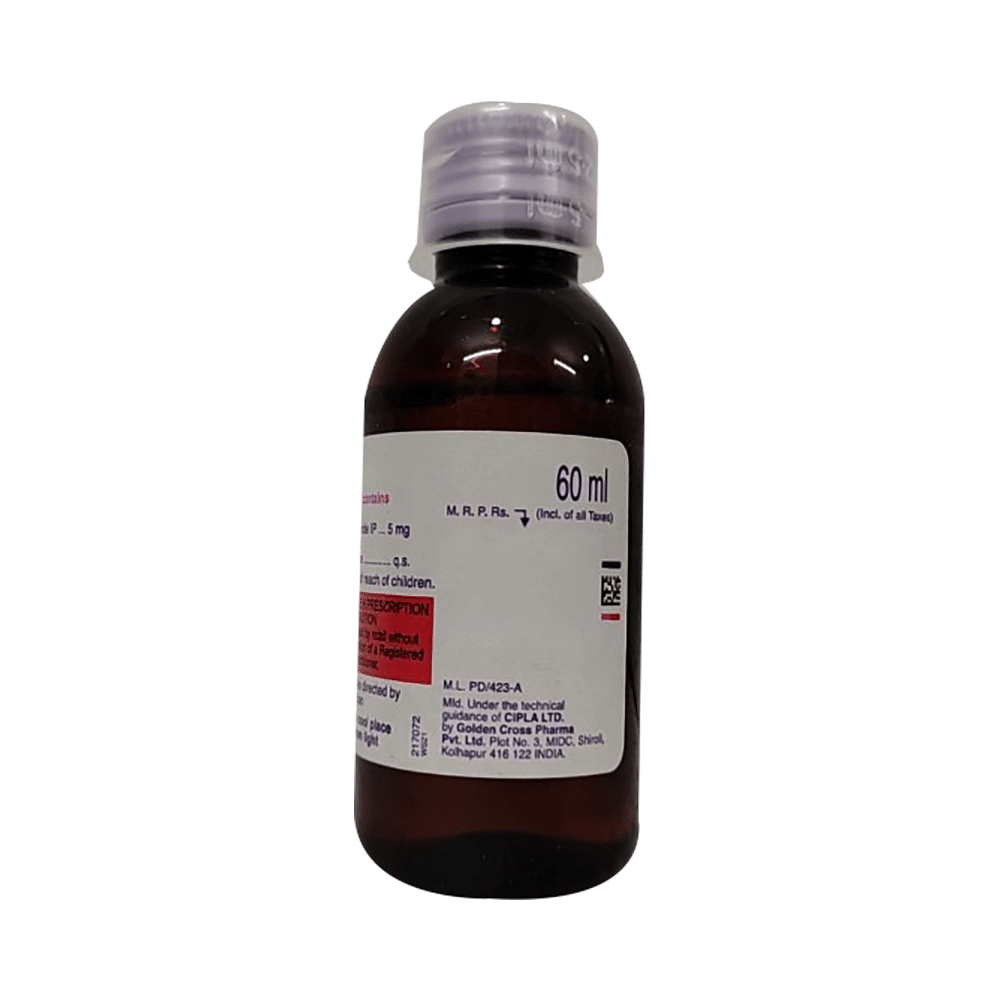
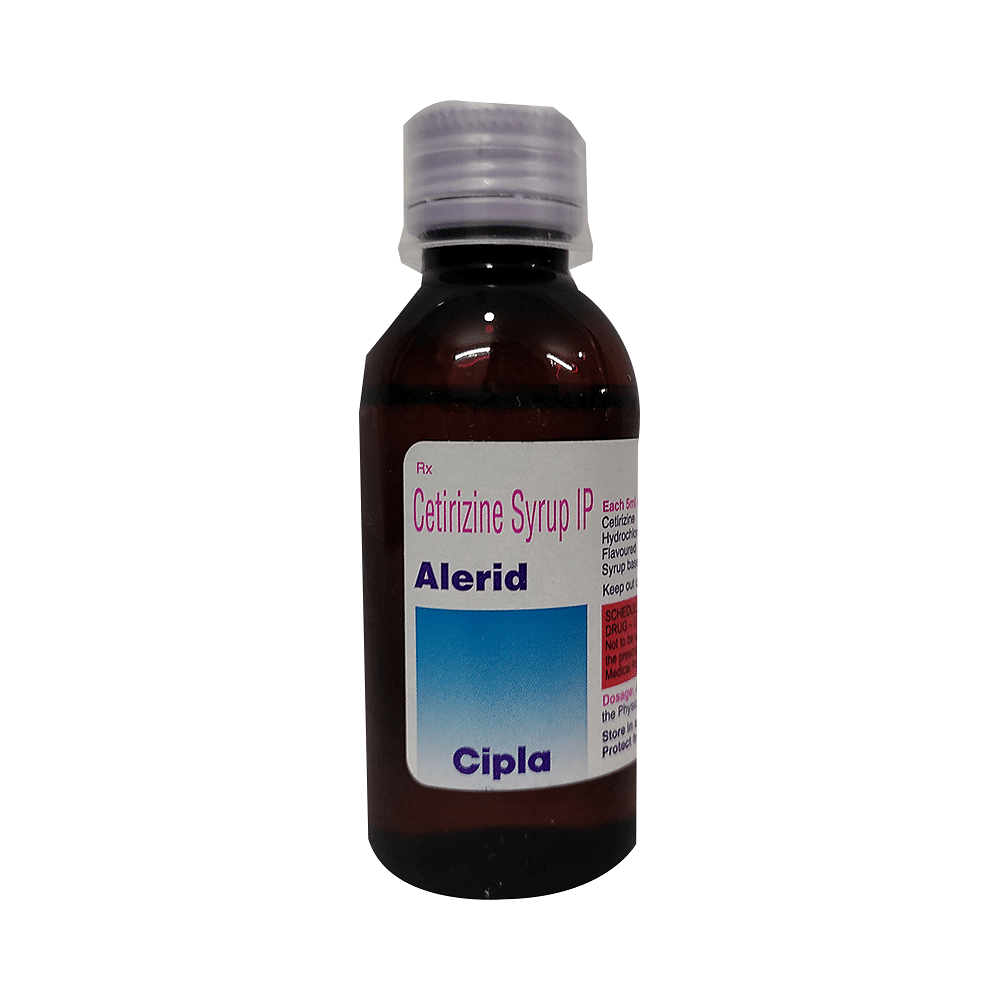
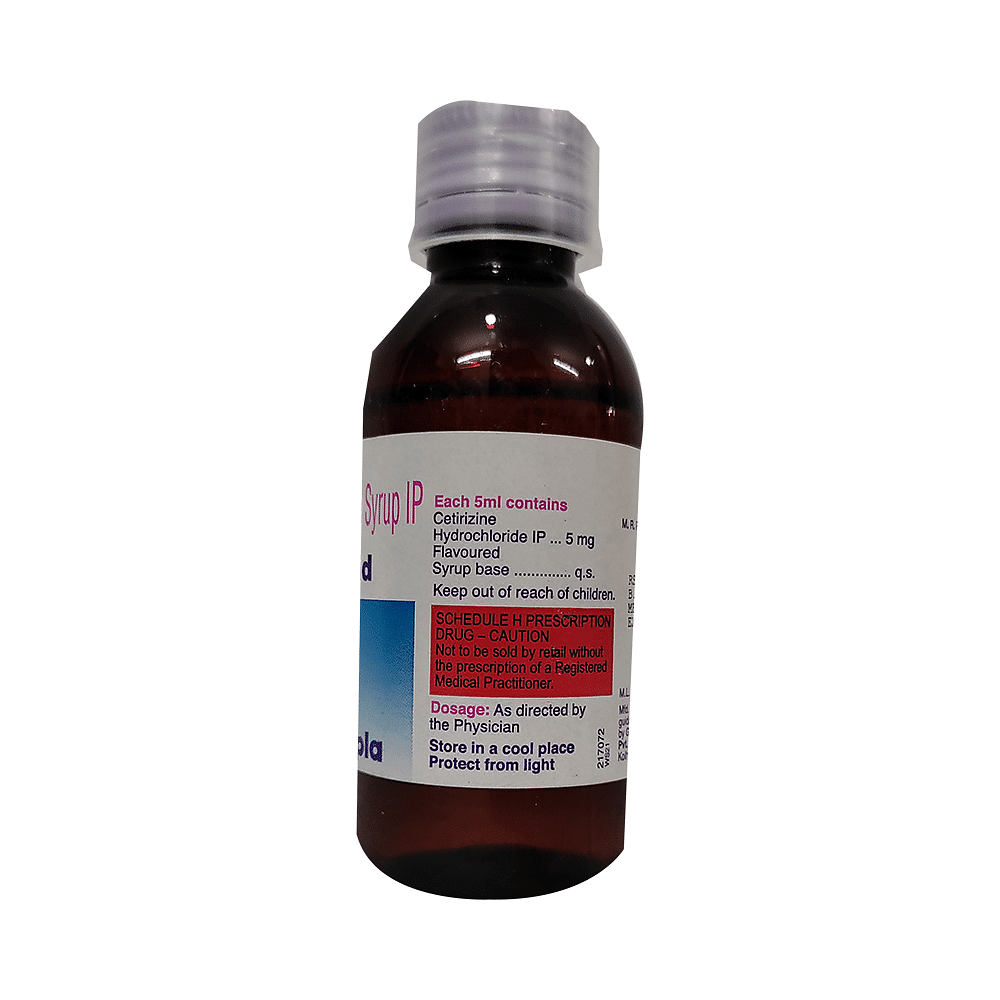
Alerid Syrup
Manufacturer
Cipla Ltd
Salt Composition
Cetirizine (5mg/5ml)
Key Information
Short Description
Alerid Syrup is a medication used to treat various symptoms such as watery eyes, runny nose, sneezing, and itching associated with allergic conditions like hay fever, urticaria (hives), conjunctivitis (red, itchy eye), and common cold.
Dosage Form
Syrup
Introduction
Alerid Syrup is given to children to treat various symptoms such as watery eyes, runny nose, sneezing, and itching associated with allergic conditions like hay fever, urticaria (hives), conjunctivitis (red, itchy eye), and common cold.
Directions for Use
Try giving the medicines at the same time each day to help you remember. Your child may feel sleepy or dizzy after each dose of Alerid Syrup. If this happens, make your child sit or lie down and ask them to be careful while performing tasks that require mental focus.
Safety Information
Side Effects
No common side effects listed
Interacting Medicines
Aprepitant Fosaprepitant Zafirlukast Alprazolam
How it works
Alerid Syrup belongs to a class of medicines called antihistamines. It blocks the natural chemical substance (histamine) produced in the body during an allergic state and subsides (lowers) your child’s immune system’s response to these conditions. As a result, the symptoms are relieved, and eventually, the condition is cured.
Quick Tips
Try giving the medicines at the same time each day Avoid giving Alerid Syrup with fatty meals and fruit juice as both can reduce the absorption of the medicine Dry mouth can occur as a side effect of taking Alerid Syrup. Taking sips of water may help. Alerid Syrup can trigger constipation in your child. Give plenty of fluids and a fiber-rich diet to your child. Alerid Syrup should be avoided in children who are less than 4 years of age as there is a risk of respiratory distress
Related Medicines
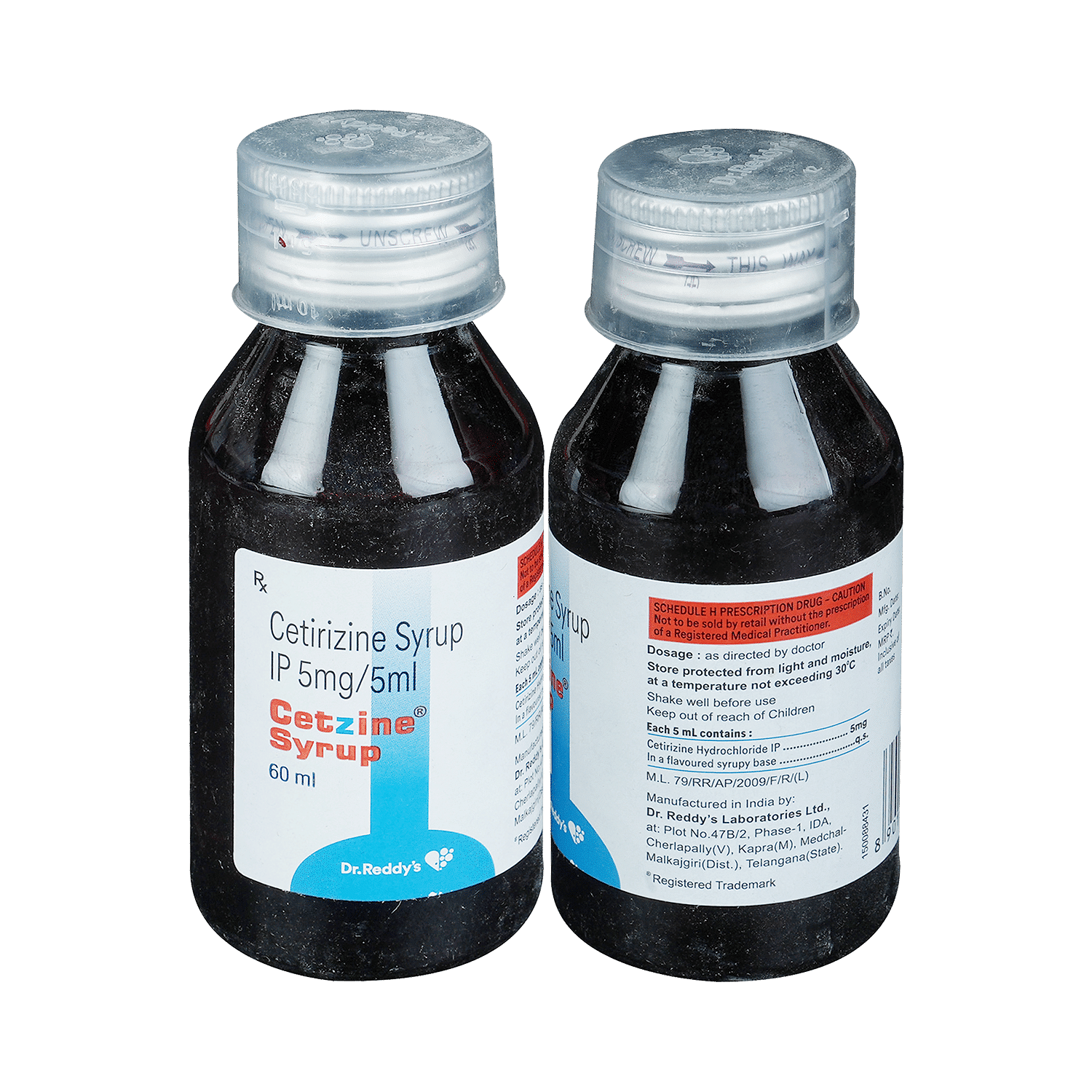
Cetzine Syrup
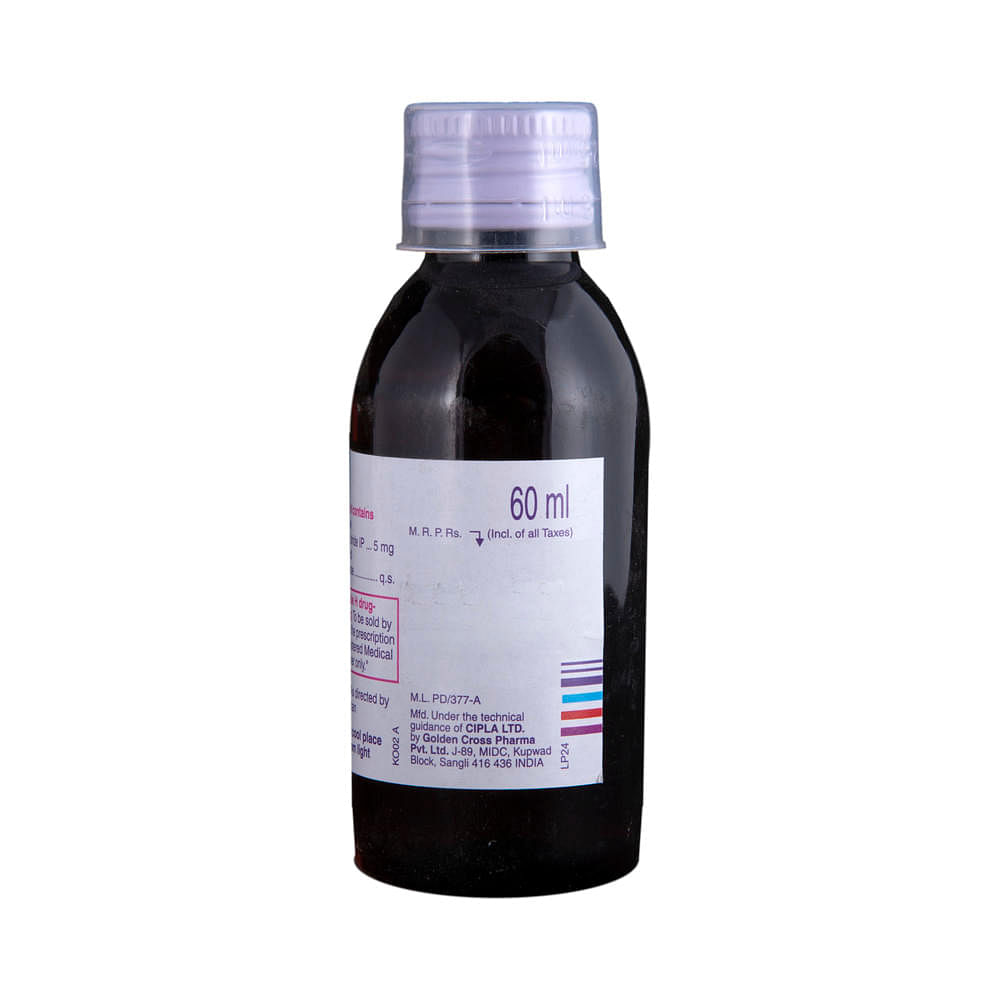
Alerid Syrup
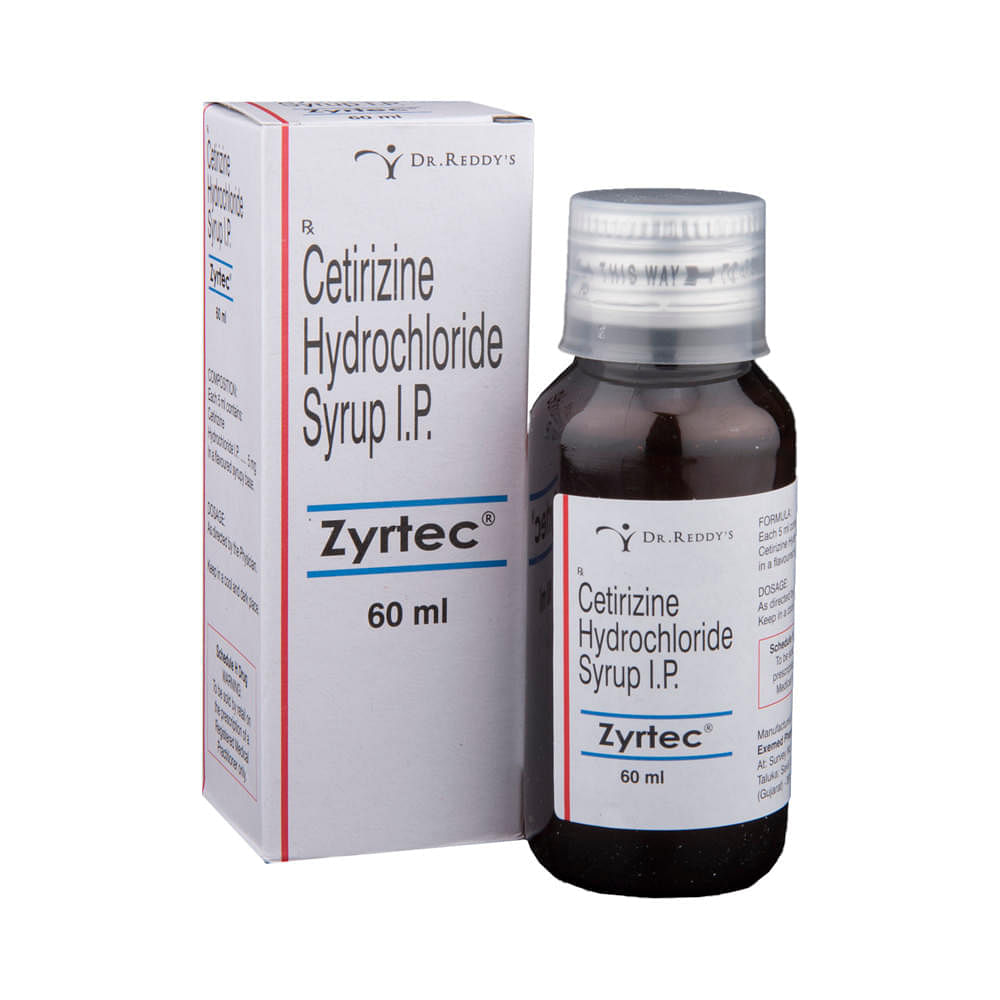
Zyrtec Syrup
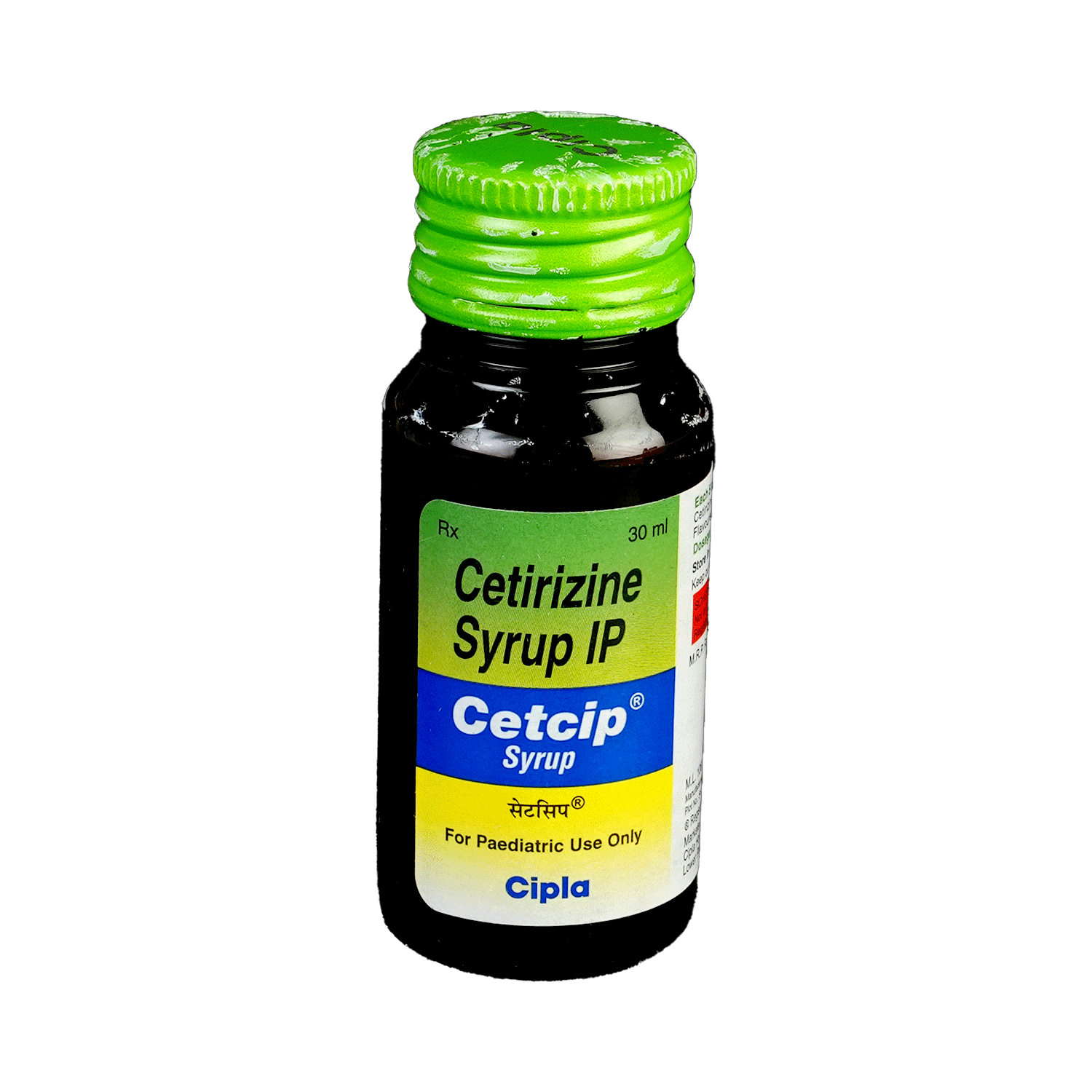
Cetcip Syrup

Alergin NF 5mg/5ml Syrup

Alexcet 5mg Syrup

Allercet 5mg/5ml Syrup

Healcet 5mg/5ml Syrup

Mycet Syrup

Taurcet 5mg/5ml Syrup
Frequently asked questions
Can I use Alerid Syrup to help my child sleep?
No, Alerid Syrup should not be used to induce sleep in children. It may cause drowsiness as a side effect, but it's essential to consult your child's doctor if they have trouble sleeping, as it could be due to an underlying condition.
Can I take other medicines with Alerid Syrup?
Alerid Syrup may interact with other medicines or substances. Always inform your doctor about any other medicines your child is taking before starting Alerid Syrup, and check with your doctor before giving any medicine to your child.
How much Alerid Syrup should I give my child?
Alerid Syrup should be given strictly as prescribed by your child's doctor. The dose is calculated according to your child's body weight and age. Do not increase or decrease the dose on your own, as it may cause unwanted effects and worsen your child's condition.
What if I accidentally give my child too much Alerid Syrup?
Although Alerid Syrup is generally safe to use in children, an excessive amount may cause serious side effects such as seizures, hallucinations, rapid heart rate, irritability, slow breathing, and coma. If you suspect an overdose, seek immediate medical attention.
How should I store Alerid Syrup?
Store Alerid Syrup at room temperature, in a dry place, away from direct heat and light. Keep all medicines out of the reach and sight of children to avoid accidental intake.
When should I contact my child's doctor immediately?
Seek immediate assistance if your child develops serious side effects, such as allergic reactions (facial swelling, trouble breathing), signs of liver problems (dark-colored urine, yellow eyes or skin), excessive sleepiness, rapid heartbeat, hallucinations, feeling confused or hyperactive, trouble passing urine, irritability, and vision changes.
Does Alerid Syrup make you feel tired and drowsy?
Yes, Alerid Syrup can cause drowsiness, sleepiness, and weakness.
Is Alerid Syrup a steroid? What is it used for?
Alerid Syrup is an anti-allergic medication, not a steroid. It relieves symptoms of allergy, including runny nose, sneezing, and redness, itching, and watering of the eyes caused by hay fever or seasonal allergies, as well as similar symptoms caused by allergies to substances like dust mites, animal dander, and mold. It is also used to treat symptoms of hives, including itching and rash.
How long does it take for Alerid Syrup to work?
You will notice an improvement within an hour of taking Alerid Syrup, but it may take a little longer to notice the full benefits.
Can I take Alerid Syrup and Fexofenadine together?
Your doctor may advise taking two different antihistamines together if you are being treated for a severe itchy rash. If you are taking Alerid Syrup during the daytime, your doctor may prescribe another antihistamine for the night, especially if the itch makes it difficult to sleep. However, do not take two antihistamines together without consulting your doctor.
For how long should I continue taking Alerid Syrup?
The duration of treatment depends on the problem being treated. If you are taking it for an insect bite, you may need it for a day or two. If you are taking it to prevent symptoms of chronic allergic rhinitis or chronic urticaria, you may need to take Alerid Syrup for a longer time. Consult your doctor if you are unsure about the duration of treatment.
Is it safe to take Alerid Syrup daily for a long time?
Alerid Syrup is safe if used as prescribed by your doctor. It is unlikely to harm you if you take it for a long time. However, it is best to take Alerid Syrup only as long as you need it.


